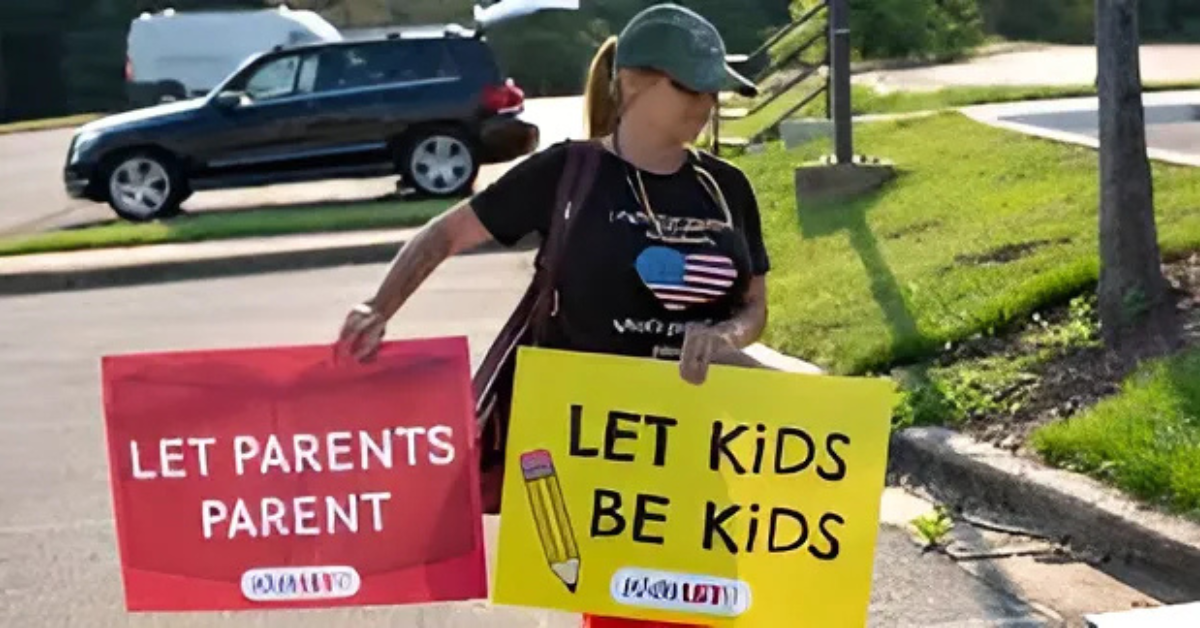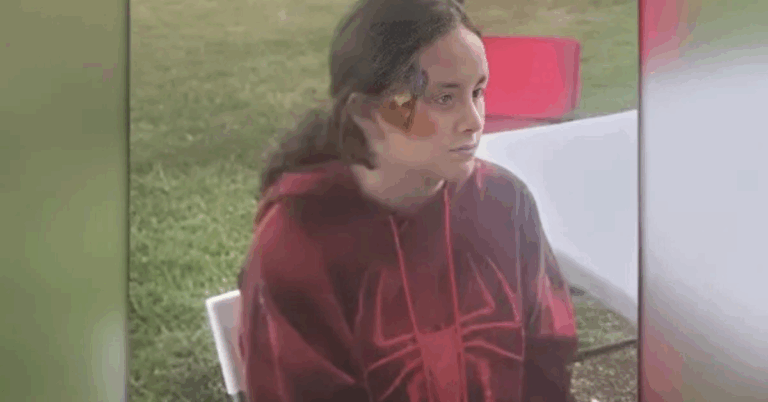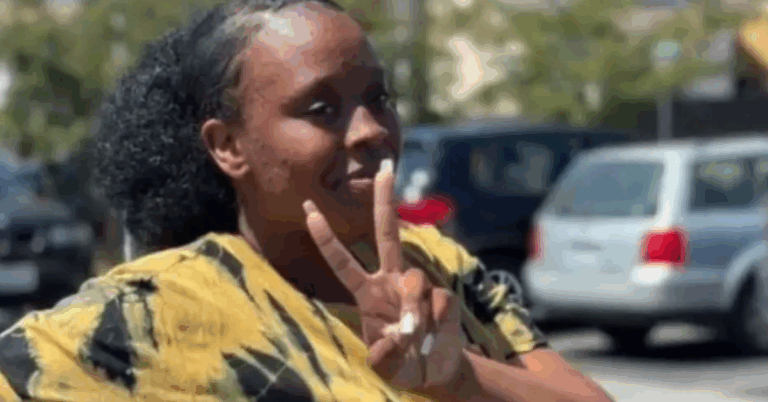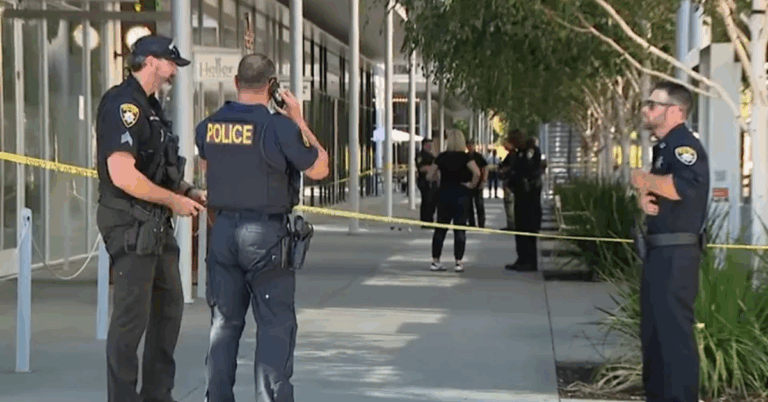
In Seattle, a heated debate has emerged as some parents seek to exempt their children from LGBTQ+ inclusive lessons in public schools. These parents argue that such lessons conflict with their personal or religious beliefs. However, recent decisions have blocked their efforts, stirring discussions about education, parental rights, and inclusivity.
This controversy reflects broader national conversations about how schools approach topics related to gender and sexuality. Understanding the reasons behind the pushback and the legal rulings helps shed light on the challenges faced by educators and families alike.
What Are the LGBTQ+ Lessons in Seattle Schools?
Seattle schools have adopted curricula that include lessons on LGBTQ+ history, identities, and rights. These lessons aim to promote understanding, respect, and safety for all students, including those who identify as LGBTQ+. The district believes that inclusive education supports mental health and decreases bullying among students.
According to the Seattle Public Schools official website, their goal is to create a learning environment where every student feels welcomed and valued. The lessons are part of broader efforts to educate children about diversity and inclusion from a young age.
Parents’ Concerns and Their Efforts to Opt Out
Despite good intentions from educators, some parents have expressed concern that LGBTQ+ lessons contradict their cultural or religious values. They argue that such topics should be discussed at home rather than in school. These parents have formally requested to exempt their children from these classes.
They also worry that the information might confuse young children or expose them to ideas they are not ready to hear. This concern is common in many communities across the United States, where debates around education and family values continue to grow.
Legal Rulings Against Parents’ Exemption Requests
Recently, courts have sided with school districts, rejecting parents’ attempts to opt out. The legal reasoning is that public schools have the authority to teach curricula that reflect social realities, including LGBTQ+ topics, to prepare students for life in diverse societies.
The American Civil Liberties Union (ACLU), a respected organization defending civil rights, has supported inclusive education and has helped schools uphold these policies (ACLU). They argue that excluding LGBTQ+ lessons would harm not only LGBTQ+ students but also undermine educational fairness.
Impact on Students and the Community
Research shows that inclusive curricula reduce bullying and improve mental health among LGBTQ+ students. When students learn about diverse identities, they often develop greater empathy and respect for their peers. This inclusive approach benefits the entire school community.
According to the Gay, Lesbian & Straight Education Network (GLSEN), schools with supportive policies see lower rates of harassment and better academic outcomes (GLSEN). These findings highlight why many educators work hard to keep LGBTQ+ lessons as part of school programs.
Looking Ahead: Balancing Education and Parental Rights
The debate between parental rights and inclusive education is unlikely to end soon. What remains clear is the importance of respectful dialogue among schools, families, and communities. Finding common ground can help ensure children receive education that respects diverse views while protecting students’ rights.
Seattle’s experience offers a window into how modern schools navigate complex social issues and work to create safe, accepting places for all young learners. As America’s cities and schools grapple with these topics, understanding each perspective remains key to moving forward.









